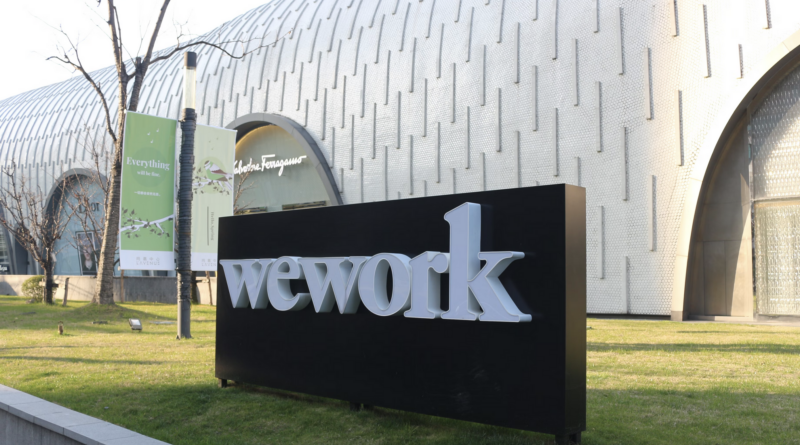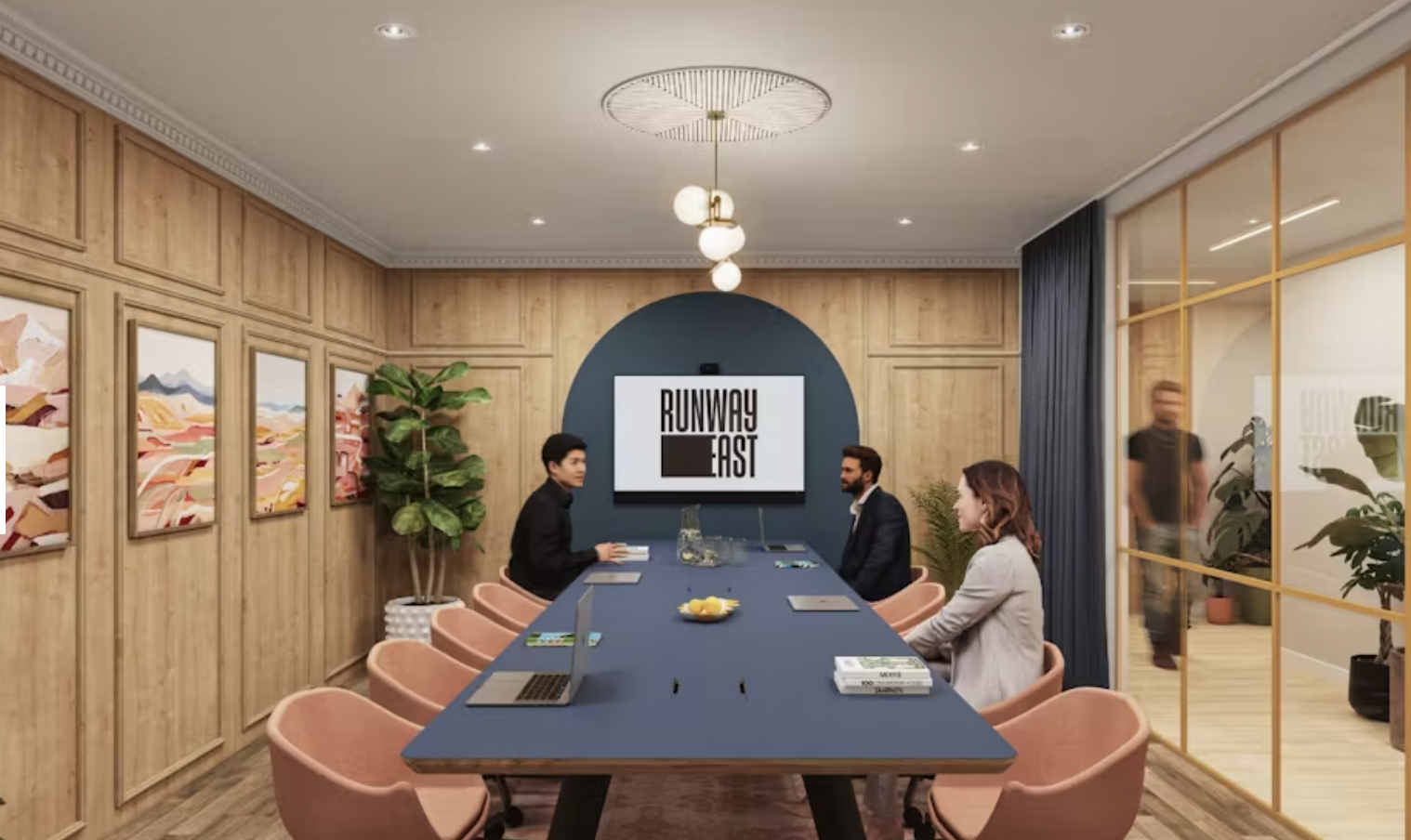Communications expert and urbanist Aceil Haddad says that, away from the noise surrounding WeWork, the UK’s flex workspace market is diverse and booming,
Hands up, I’m concerned that WeWork is deflecting from the boom in the flexible workspace sector. In many ways WeWork has become synonymous with flexible working, which on the one hand has helped transform and normalise the sector, but on the other, with its current well publicised woes, it is removing – at least public – confidence in the market. But it shouldn’t.
The WeWork product has typically appealed to a certain type of demographic, and that demographic makes up a very small proportion of the working market.
Spaces like Runway East appeal to a different group, Town Sq another, then you have a product like Oru Space which has a whole other segment of the market, or Allbright which is a space only for women. Then, there are space Thrive or GLOWS by Tree Shepherd that are linked to enterprise courses.
The fact is, there is a multitude of offers for solopreneurs, SMEs and even corporations. In the words of Will Kinnear, founder of HEWN – it’s the right space for the right operator – we don’t all want a WeWork as such, it shouldn’t define the sector.
In London, flexible workspace accounted for just five per cent of offices in central London, rising to six per cent in Manchester (according to Savills Report, 2022). At the same time The Instant Group reported that flexible workspace occupancy remains at a record high of 83 per cent across the UK.
With high inflation, the increased cost of borrowing, marred by other economic global uncertainties, flex is best for business as it enables more malleability in the face of change. For those starting out, it offers them a space outside of the home, and for corporations a place to test, grow and leverage new areas without entering into a fixed term lease.
WeWork may be a sinking ship, but this should highlight the insecurity of short-term and copious VC funds pouring capital into a feel-good brand. Meanwhile, out in the real world, the flexible workspace sector is thriving.
Shazia Mustafa, founder of Third Door, a coworking space with a nursery, and member of the GLA’s Workspace Advisory Group, insists there is room for more operators to unlock space for different groups, makers and services.
She is of course right, we can see this with the arrival of Kadan at 20 Water Street in Canary Wharf and its flexible, fully serviced CL2 wet-labs and workspace offer. Designed to enable SMEs through to global pharmaceuticals to compete for talent, it has an offer that would otherwise be out of bounds given the start-up capital required and cost of rent in such locations.
The future of work is varied, and is revealing itself before our very eyes. The other month I was with an E-sports company looking for high tech flexible space for their gamers; for those like me who were unaware (!) this is a $1 billion dollar industry with millions of players competing for championships. No longer the preserve of the spotty teen in their bedroom, this is a professionalised operation, requiring multi-screen, commercial grade internet provision and, of course, a place to chill away from the screen.
Likewise, there has been a rise of flexible shared dark kitchens. These are commercial grade kitchens that are used by a variety of businesses from start-ups through to household names providing delivery-only catering options from burgers to wedding cakes. This market is forecast to reach $500 billion worldwide by 2026, four times more than it was in 2018.
As we prepare for the funeral of a brand, we shouldn’t give up on the sector at large because the potential is infinite. Operators are honing in on their niche, partnering with developers, local authorities and educational facilities to maximise the opportunities ahead, while responding to customers, societal demands and innovations. It’s exciting.








